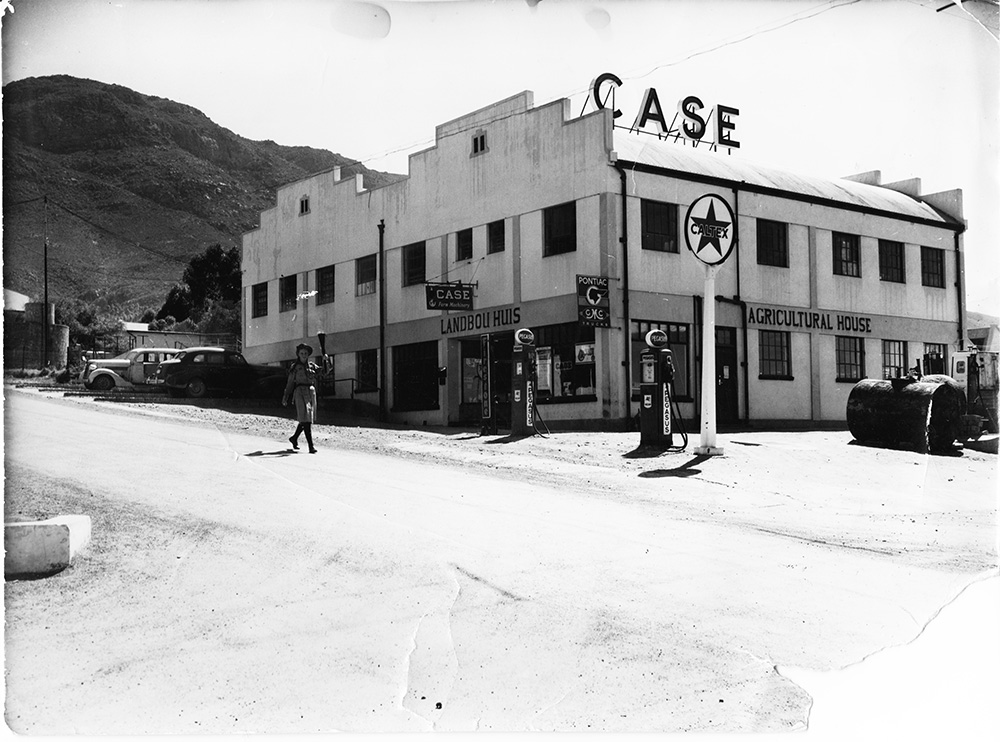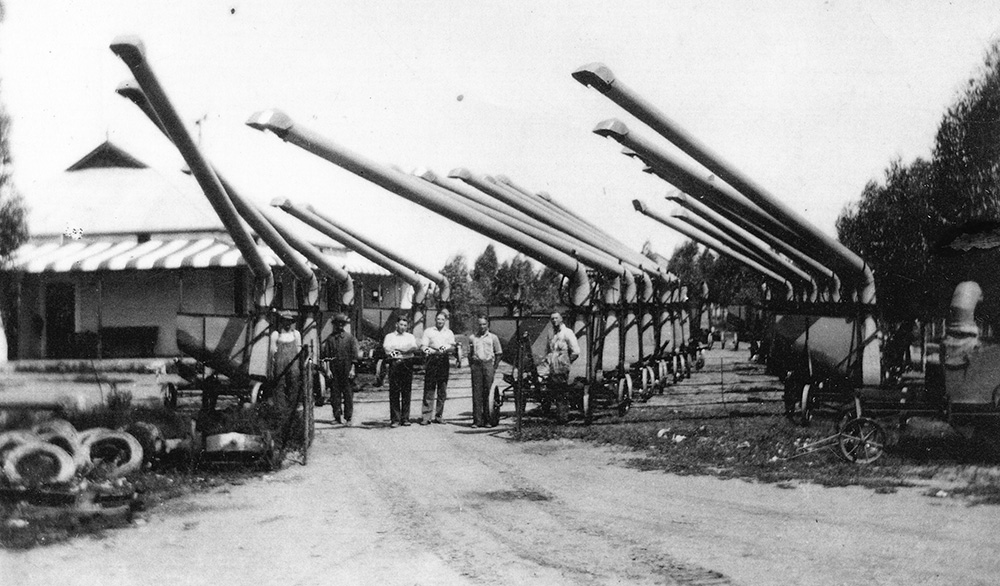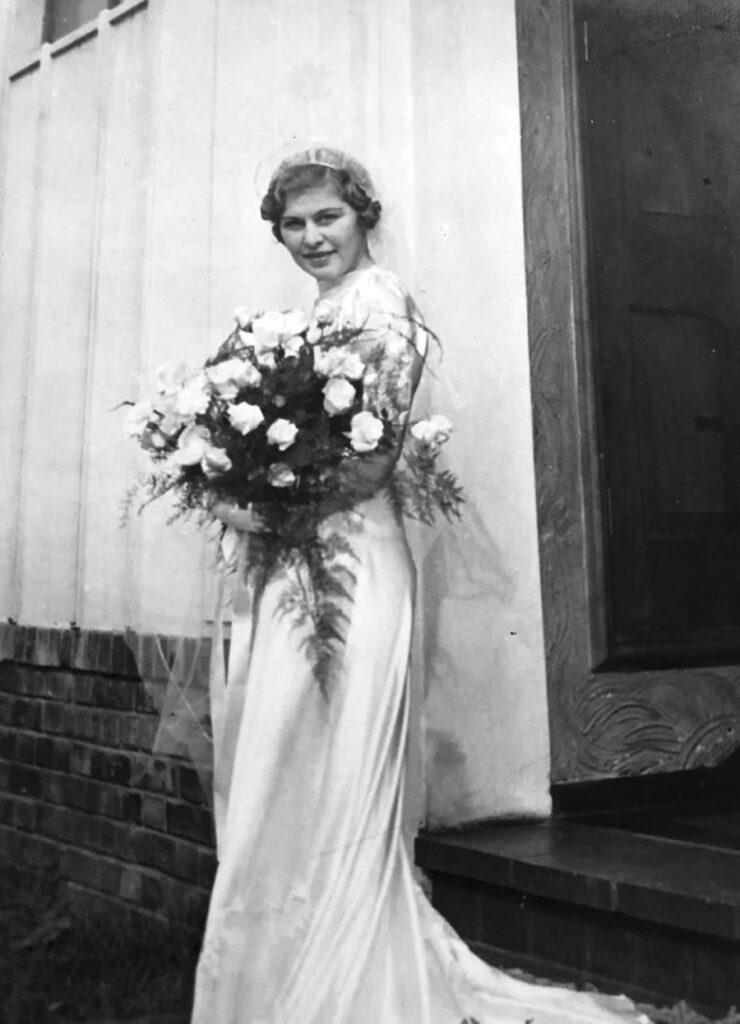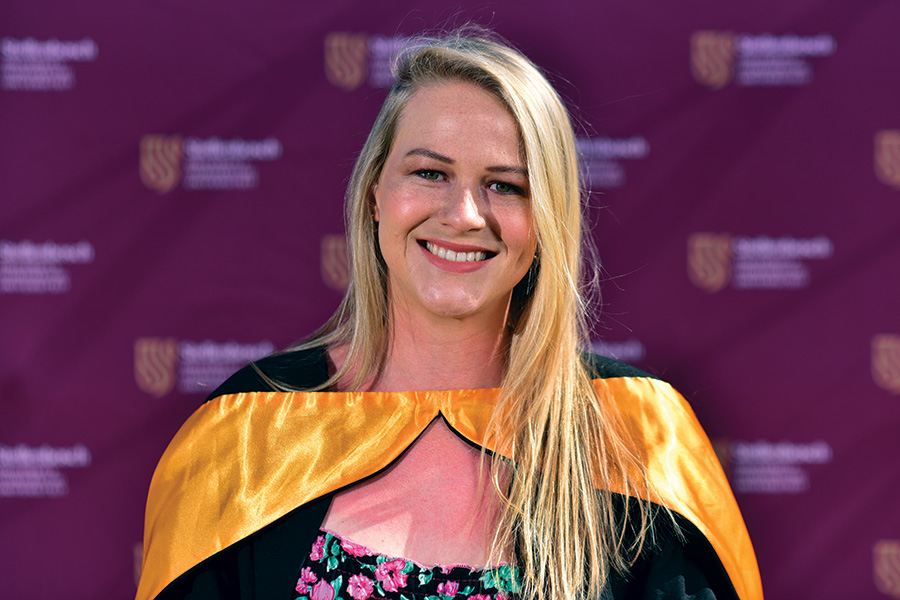By BONNY FELDMAN, Managing Editor, Cape Jewish Chronicle
Today, the vast majority of Jewish South Africans live in a few big cities, with Cape Town and Johannesburg dominating. But, just two or three generations ago, large numbers of people lived in small towns throughout the country. And so, even today, when driving through a country town, you may well spot an old synagogue building – turned into a shop, a storage facility or, at best, into the town’s museum.
These buildings are testament to the significant role that Jews played in the development of the country’s economy. As migrants from Eastern Europe and Russia, the first generation of settlers often found economic opportunities scattered across the rural regions of the country.
This was true of the Swartland town of Piketberg – a farming town located inland from Saldanha Bay in the Western Province. Like its neighbouring towns of Malmesbury and Morreesburg, Piketberg had a small but vibrant Jewish community from the late 19th and early 20th centuries – and, as was the case in other places, the community dwindled from about the 1970s. According to Bernhard Krupp, who grew up in the town, there were probably around 18 people in shul on a Yom Tov. There are currently very few – if any – Jewish residents in these towns. But their presence is noted today in the Piketberg Jewish Museum dedicated to the Jews who lived there.
A recently completed MA dissertation in History by University of Stellenbosch student, Simone van der Colff, provides an insight into an important element of Jewish life in Piketberg. Her study focuses on two families who, together, built a significant business – a business still in existence 90 years after its founding. The two families, van der Colff, explains, “experienced an unlikely partnership between a Jewish and Afrikaans-speaking family.”
The families, named Krupp and Van Niekerk, both became involved in the supply of agricultural implements in Eendekuil, a very small town not far from Piketberg. As the local wheat industry developed, new opportunities arose for them, and they joined forces in 1933, establishing Van Niekerk & Krupp in Piketberg, a larger town and thus more likely to provide greater business opportunities. Each partner – Samuel Krupp, a dealer in grain, and Hendrik van Niekerk, a grain thresher – put in £250 to establish the business, using their millers and general dealership licences as the backbone of the firm.
It was Samuel Krupp and his father, Jacob, who approached the Van Niekerks with the idea of joining forces. There was a good reason for this: the Afrikaans family had established good connections among local farmers and producers, while their Jewish colleagues had created a network of local consumers and merchants. By coming together, they could exploit these relationships fully.
The business did well, and benefitted from new opportunities brought about by the Second World War. In 1942, the business moved to Piketberg, again doing well because it could continue to pursue the market in Eendekuil, and because of the bigger market in Piketberg.
Over the years, the business expanded from the sale of imported farming equipment to the local manufacture of some agricultural implements; to the sale of used farming equipment; and to becoming a dealership for various tractor and motor vehicle brands.
Van Niekerk and Krupp was central to daily life in Piketberg. When the hooter sounded at 12 o’clock midday for Van Niekerk & Krupp workers to go for lunch, the whole town stopped for lunch as well. And every Wednesday evening, the Company used the car showroom for a cinema so that staff and their families could enjoy an evening of cinema and relief from work.
Samuel’s children, Gillian, Denis, Lionel and Bernhard, were born and grew up in Piketberg. Sadly, Samuel died in tragic circumstances in 1957 at a young age, and that resulted in the exit of the Krupp family from the business by 1977.
After Sam’s passing the Krupps moved to Cape Town. Sam’s wife, Ray, dedicated herself to the stability and education of her family which allowed her children to flourish in their fields of business. Despite their departure from the town, all the Krupp children continued to maintain their relationship with the Van Niekerk family, especially Carel, and the friendship still exists today.
Now, Bernhard is the only surviving Krupp sibling, and lives in Melbourne. He and his siblings also left a legacy through their children, grandchildren and great-grandchildren, who hold Sam dearly in their hearts.
Today, Van Niekerk & Krupp is known as Piket Implements. Following the foundation laid by Sam Krupp and Hennie van Niekerk, the business continues to build on a strong legacy of providing the South African farmer with resources and technology engineered to achieve the best agricultural results.




Simone van der Colff’s MA dissertation, “Van Niekerk & Krupp: From General Agricultural Machinery Dealer to Specialist Manufacturers of Agricultural Planting Machinery, c. 1928-2022”, is available for viewing in the Gitlin Library.
• Published in the September 2023 issue – Click here to start reading.
• To advertise in the Cape Jewish Chronicle and on this website – kindly contact Lynette Roodt on 021 464 6736 or email advertising@ctjc.co.za. For more information and advertising rate card click here.
• Sign up for our newsletter and never miss another issue.
• Please support the Cape Jewish Chronicle with a voluntary Subscription for 2023. For payment info click here.
• Visit our Portal to the Jewish Community to see a list of all the Jewish organisations in Cape Town with links to their websites.
Follow the Cape Jewish Chronicle: Facebook | Instagram | Twitter | LinkedIn











A very intriguing story. A lovely read. Only good people come from the West Coast and Swartland.
Thanks for the support and feedback Tracey!